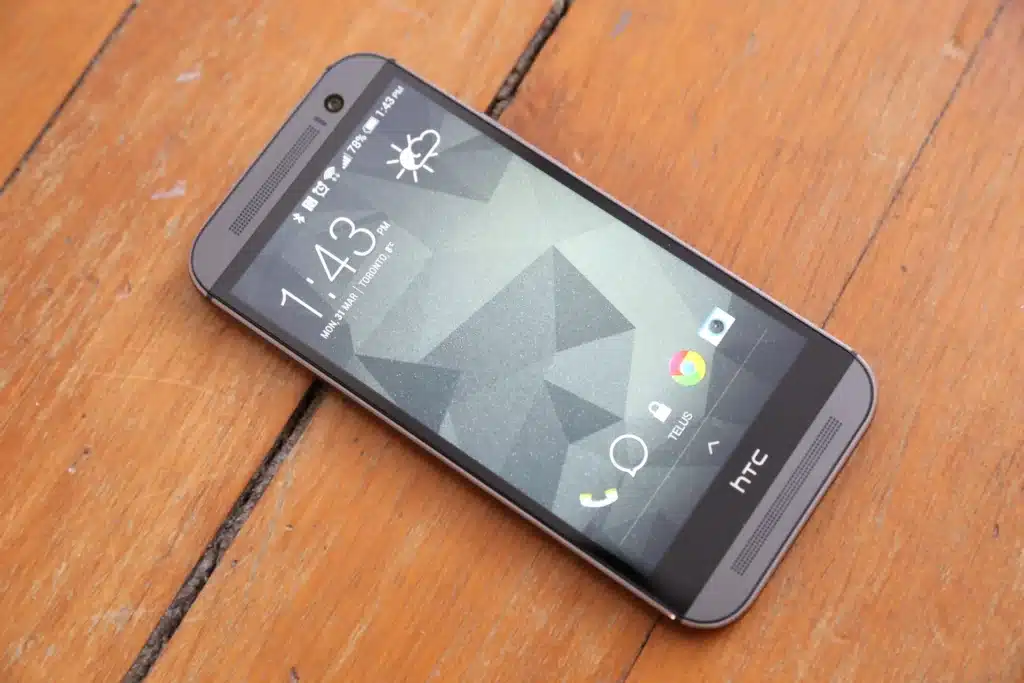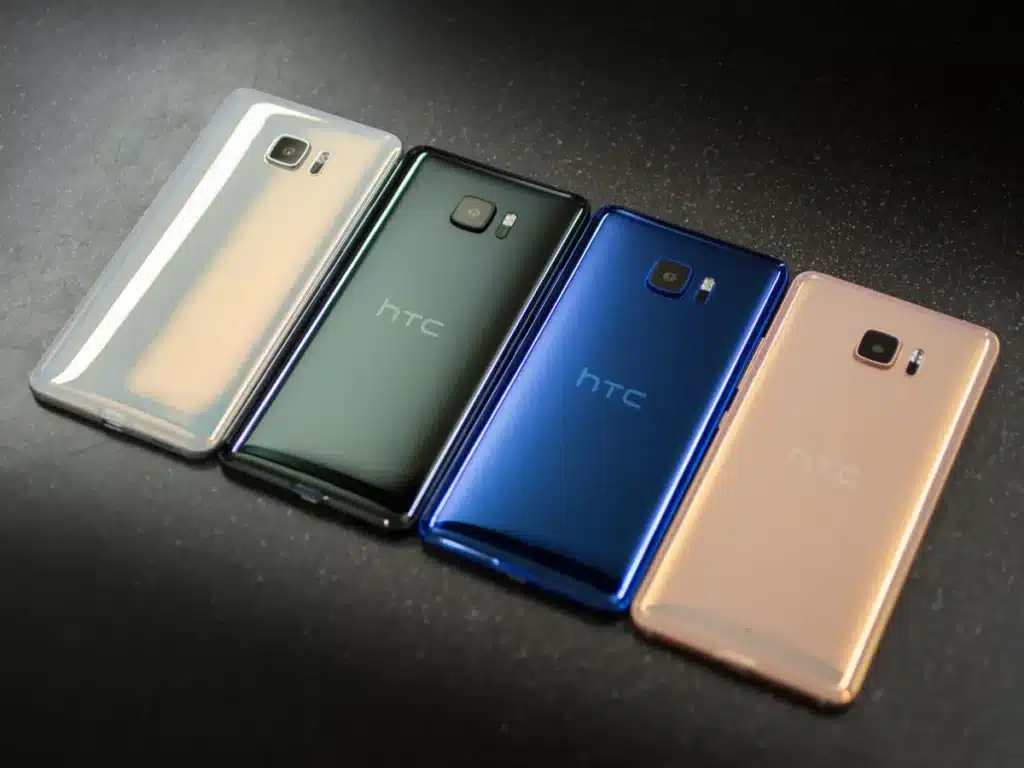In the early days of smartphones, HTC was a prominent player known for its innovative designs and cutting-edge technology. However, over the years, the brand’s presence in the smartphone market has diminished, and HTC devices are no longer as commonly seen as they once were. This article delves into the reasons behind the disappearance of HTC smartphones from the market.
Contents
Falling Behind in Innovation
One of the significant factors that contributed to HTC’s decline in the smartphone market was its inability to keep up with the fast-paced nature of the industry in terms of innovation. While HTC was once known for its unique designs and features, it struggled to maintain a competitive edge against other smartphone manufacturers, such as Apple and Samsung, who continuously pushed the boundaries of technology with new features, sleek designs, and improved performance. HTC’s failure to introduce groundbreaking features or differentiate itself from the competition led to a lack of consumer excitement and interest in its devices. As a result, HTC gradually lost its market share to competitors who were offering more compelling and innovative products.
Another significant factor that impacted HTC’s presence in the smartphone market was its marketing and branding strategies. Despite manufacturing quality smartphones, HTC struggled with marketing and failed to create a strong brand identity that resonated with consumers. The company faced challenges in effectively promoting its devices and capturing the attention of potential buyers in a crowded and competitive market. In contrast, competitors like Apple and Samsung invested heavily in marketing campaigns, creating brand loyalty and a strong consumer base. HTC’s relatively low marketing efforts and lack of brand recognition made it difficult for the brand to stand out and attract consumers, leading to diminished sales and market share.
Intense Competition from Rivals
The smartphone market has become increasingly competitive over the years, with numerous players vying for market share. HTC faced stiff competition from other smartphone manufacturers, particularly from companies like Apple and Samsung, which dominated the market with their strong brand presence, extensive marketing efforts, and popular devices. Additionally, the rise of Chinese smartphone manufacturers, such as Huawei, Xiaomi, and OnePlus, also posed a significant challenge to HTC’s market share. These manufacturers offered competitive smartphones with similar or better features at more affordable prices, appealing to budget-conscious consumers. HTC struggled to keep up with the aggressive pricing and marketing strategies of these competitors, which further eroded its market share.
HTC’s financial struggles also played a significant role in its decline in the smartphone market. The company experienced declining revenue and profits over the years, which impacted its ability to invest in research and development, marketing, and other areas necessary for remaining competitive in the market. HTC faced challenges in managing its finances, including increasing production costs, declining sales, and fierce competition. These financial constraints limited the company’s ability to invest in innovation, marketing, and brand building, which further impacted its market position and contributed to its disappearance from the smartphone market.
Internal Challenges
HTC also faced internal challenges, including management and strategic missteps, that contributed to its decline in the smartphone market. The company underwent leadership changes, and there were reports of internal conflicts and mismanagement, which impacted decision-making and execution.
HTC’s failure to anticipate and adapt to changing market trends, its slow response to emerging technologies, and its inability to make strategic partnerships or acquisitions to strengthen its position in the market also affected its performance. These internal challenges hindered HTC’s ability to compete effectively in the dynamic smartphone market and contributed to its decline.
The Takeaway
In conclusion, HTC’s disappearance from the smartphone market can be attributed to a combination of factors. The brand struggled to maintain a competitive edge in terms of innovation, faced challenges in marketing and branding, and had to contend with intense competition from rivals, including established giants like Apple and Samsung, as well as emerging players from China. Financial struggles and internal management, and strategic missteps also contributed to HTC’s decline.
The fast-paced and highly competitive nature of the smartphone market demands constant innovation, effective marketing strategies, strong brand presence, and strategic decision-making. HTC’s inability to keep up with these requirements ultimately led to its diminished market share and disappearance from the smartphone market.




